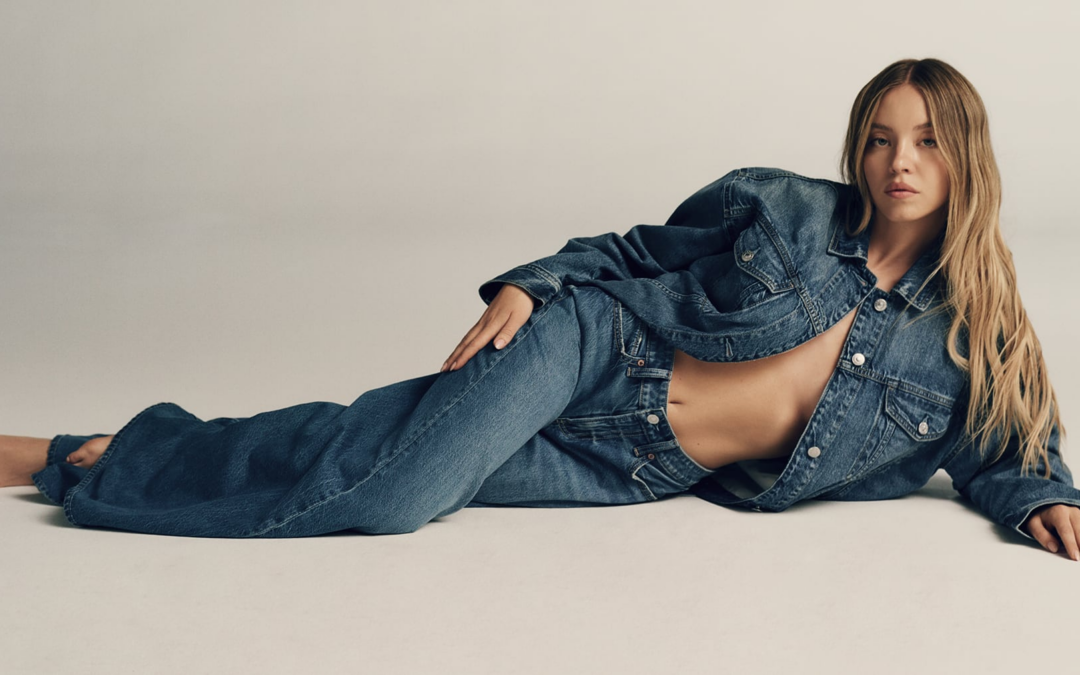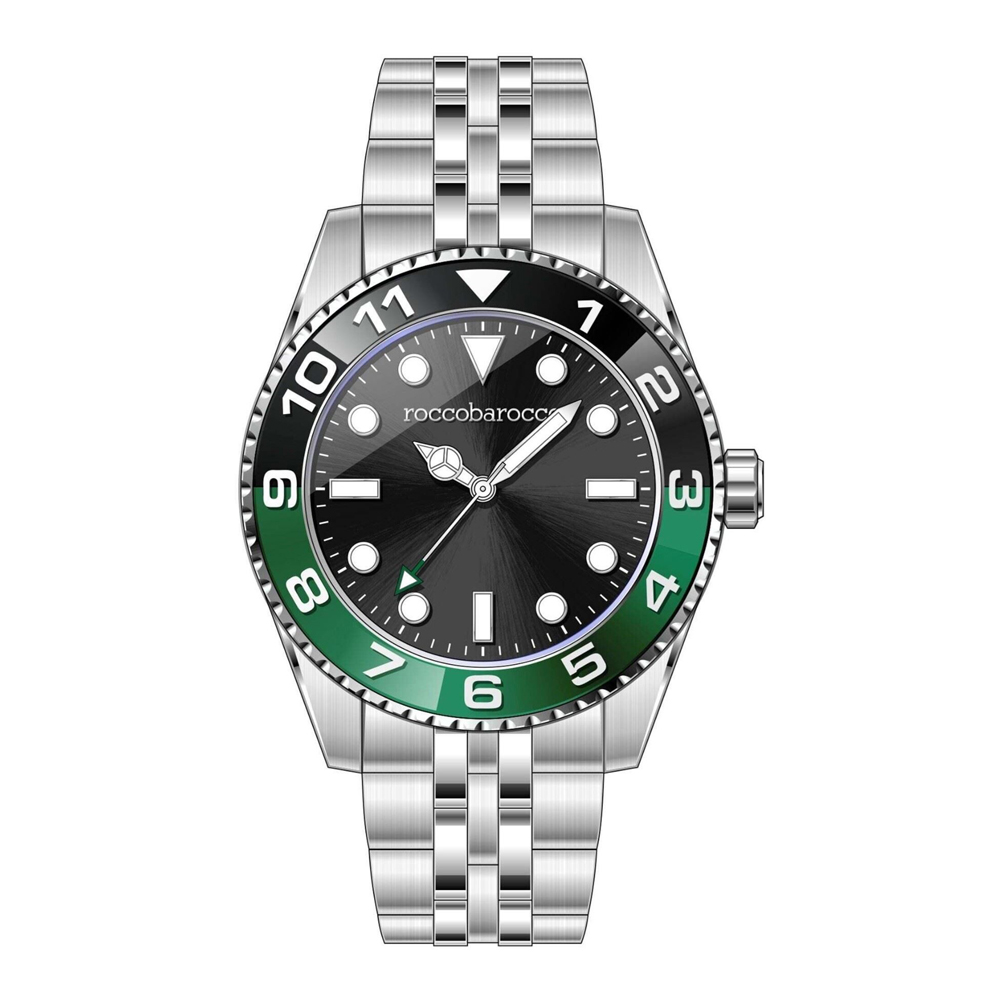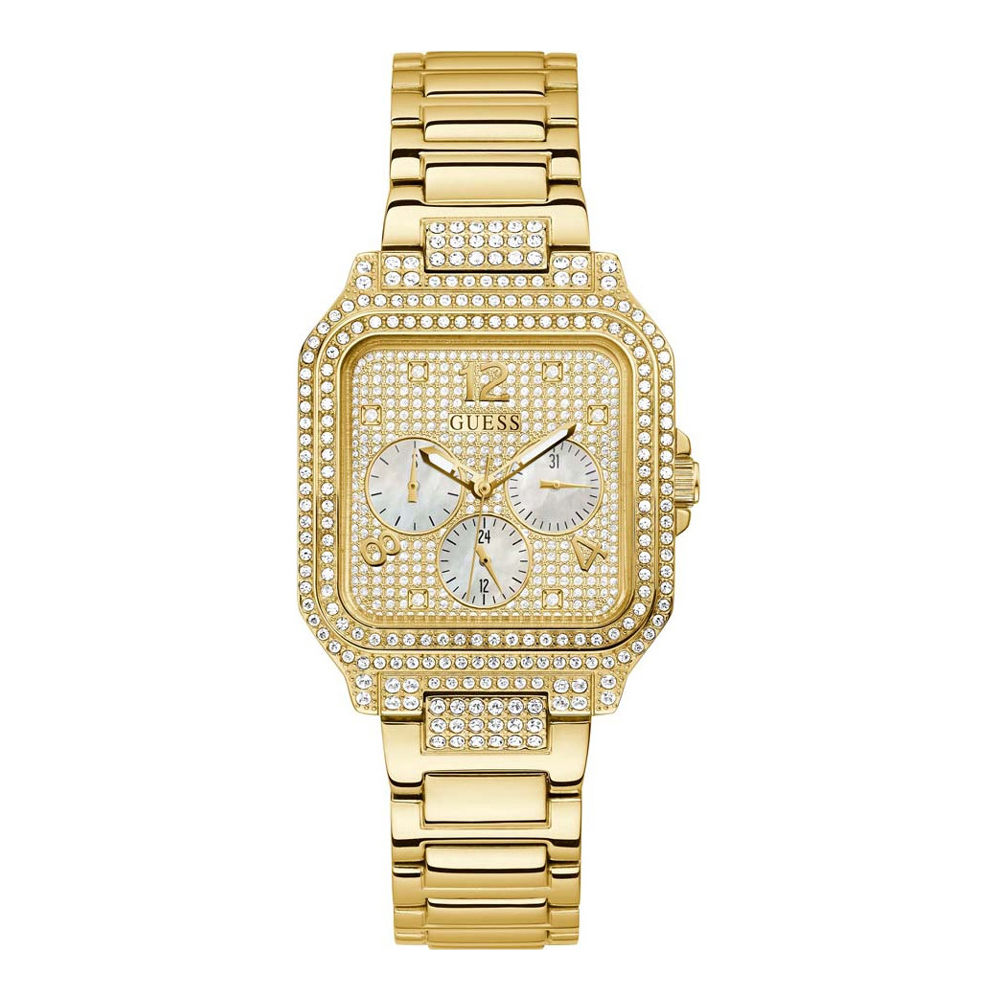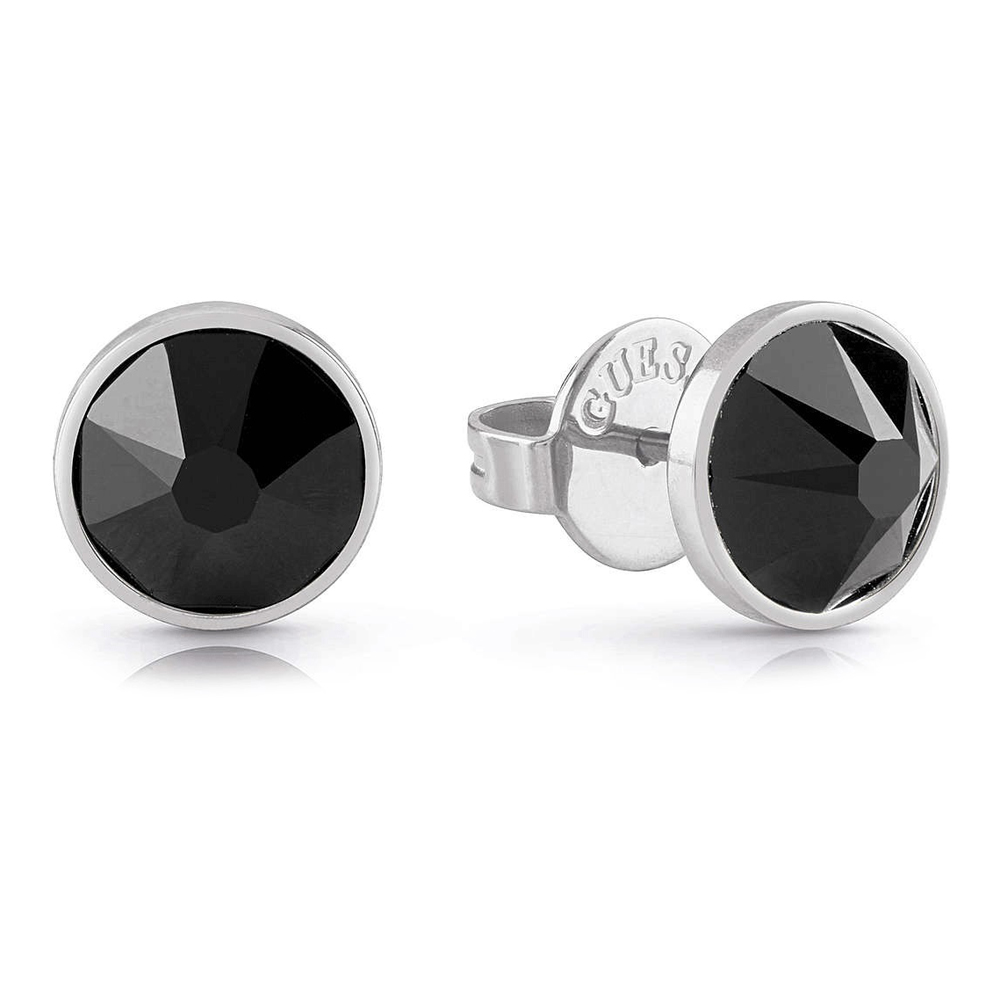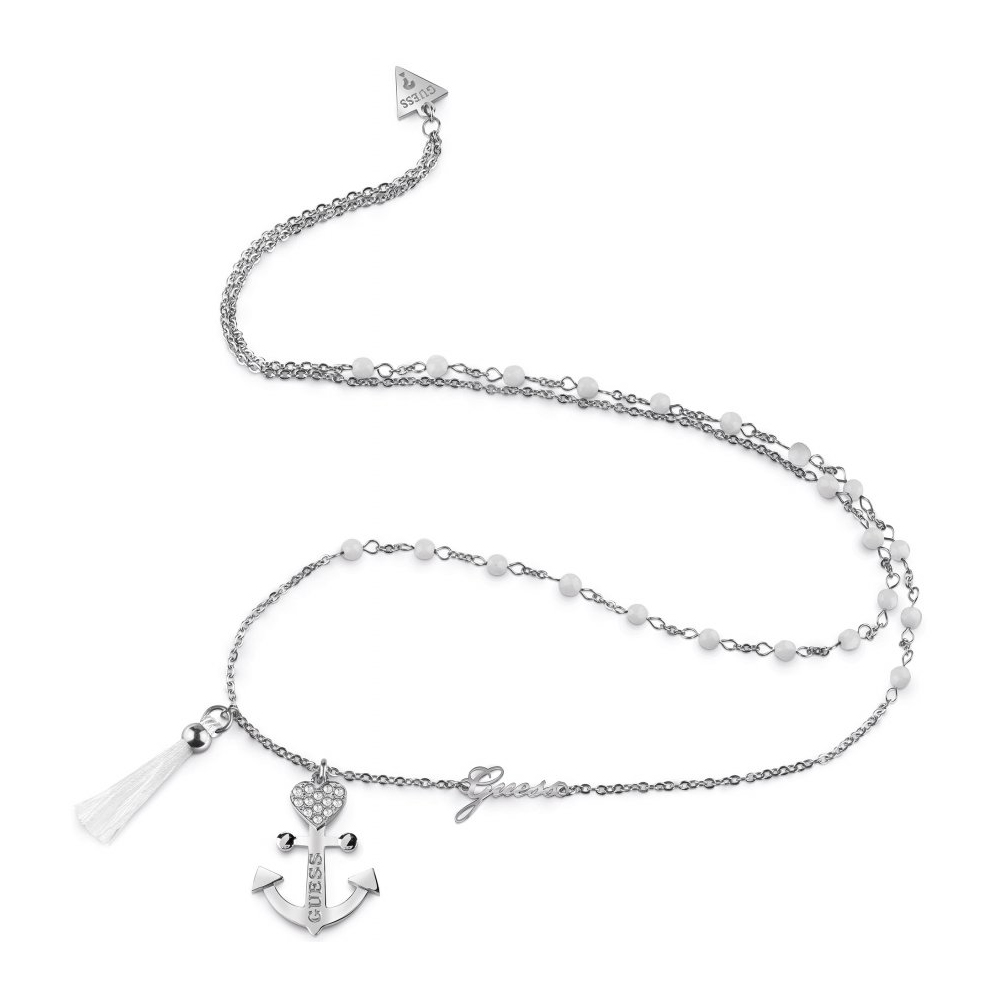
When American Eagle dropped its denim campaign featuring Gen-Z it girl Sydney Sweeney in various states of undress last week, its stock jumped 18 percent — seemingly a resounding win for the legacy retailer.
But within a few days, sentiment shifted.
This week, the campaign has found itself at the centre of fierce debate on social media, revolving around the double entendre in the campaign’s title, “Sydney Sweeney Has Great Jeans,” a nod to both her much-discussed good looks and the fact that she’s selling a pair of jeans.
It’s an obvious play on words — but many saw a more sinister interpretation. A swell of comments have claimed the ad has racist undertones, with some even saying it supports eugenics. According to narrative intelligence company Peakmetrics, about 53,000 posts on X have used phrases including “Nazi,” “white supremacy,” “setting women back,” “misogynistic,” “sexist” and “tone-deaf” while discussing the campaign.
The ad has its defenders, too, including opinion columnists in The New York Times and The Atlantic, both of which highlighted that commenters were using the campaign as a platform to debate deeper political woes. But it was certainly not a “secret salute to white supremacy,” wrote Times columnist John McWhorter.
By Thursday, even US vice president JD Vance chimed in.
“We’re going to attack people as Nazis for thinking Sydney Sweeney is beautiful. Great strategy, guys,” he said on the conservative podcast “Ruthless.”
By July 31, the brand had pulled the ad from its social media pages, including Instagram and TikTok. The following day, it shared an Instagram post, stating, “’Sydney Sweeney Has Great Jeans’ is and always was about the jeans. Her jeans. Her story. We’ll continue to celebrate how everyone wears their AE jeans with confidence, their way. Great jeans look good on everyone.” It has declined to comment on the controversy to media outlets, including The Business of Fashion.
Winding up in the same sentence as “Nazi” is never a desirable outcome for a brand, and having the Trump administration in its corner may not sit well with American Eagle’s mostly young, female customer base. But it’s not a stretch to imagine the brand considers both the campaign and the backlash as major wins, even if it’s unlikely to say so publicly.
After all, the controversy has inserted the brand at the heart of the zeitgeist for the first time in years. While the brand’s performance has varied over the past few years — exceeding expectations at times in 2024 and then most recently withdrawing its annual forecast in May this year — it has failed to turn heads in the way competitors Abercrombie and Gap have.
American Eagle isn’t the only brand poking the hornet’s nest and hoping for some buzz. Aughts-style, over-the-top sexy marketing is making a comeback. Fast food chain Carl’s Jr. brought back its burgers-and-bikini ad concept with a 2025 Super Bowl commercial fronted by influencer Alix Earle, and makeup line Urban Decay’s latest campaign featured Ari Kytsya, an OnlyFans creator. What pops in culture is directly tied to what can ignite online algorithms. Increasingly, brands that get people talking are those reaching customers — even if the response is anger.
“Everyone is the main character in their own version of the internet … everything can feel like a direct attack or provocation to you personally if it hits you the right way,” said Molly Dwyer, director of insights at Peakmetrics. “It really activates people on both sides to insert themselves into the conversation.”
American Eagle is playing with fire here, however. When brands get controversial, they’d better be sure the outrage they’re stoking on some level aligns with their pre-existing image, and that their customers will have their backs.
When Budweiser, for instance, worked with the transgender influencer Dylan Mulvaney, a seemingly anodyne post kicked up an online firestorm. The beer brand alienated progressive customers by cutting ties with Mulvaney, and conservatives by working with her in the first place. Budweiser’s sales still haven’t recovered.
Similarly, Victoria’s Secret brought back its fashion show last year, but rather than leaning into its overly sexualised past or fully embracing a more body positive, diverse future, it tried to have it both ways, and pleased no one. The company’s stock is down by more than half this year.
American Eagle’s job now is to figure out how the Sweeney campaign, and the response, fit into its brand as it exists today. For many years, the company’s messaging towards women and girls typically leans into empowerment and inclusiveness. Pre-Sweeney collaborations include the series “The Summer I Turned Pretty” and tennis player Coco Gauff. Its intimates line Aerie was an early pioneer in body positive marketing in the category, and remains so today.
The most damaging critique of the Sweeney campaign may therefore not be its imagined Nazi themes, but rather that it signifies a sudden swing by the brand towards the male gaze.
“American Eagle spent the past decade building significant brand equity around an inclusivity-oriented positioning … Following that with such a drastic reverse-course obviously left their young female customers blindsided,” wrote Anu Lingala in her Substack newsletter “What’s Anu.”
Assuming the ads are a one-off, and not the start of an ill-advised pivot into early aughts Victoria’s Secret territory, the odds are American Eagle will come out the other end of this stronger. The ad’s most obvious reference, Calvin Klein’s 1980 Brooke Shields ad, also sparked backlash, primarily around the sexualisation of the then-15-year-old Shields. In the end, though, “the controversy backfired,” Shields said in a 2021 interview with Vogue.
“The campaign was extremely successful,” she added. “[Calvin] said it changed his entire career and life, and it put Calvin on the map in a very different way.”
In a world in which attention is the ultimate asset, American Eagle could reap similar benefits.
Editor’s Note: This article was amended on Aug. 1, 2025, to include American Eagle’s Instagram statement.

